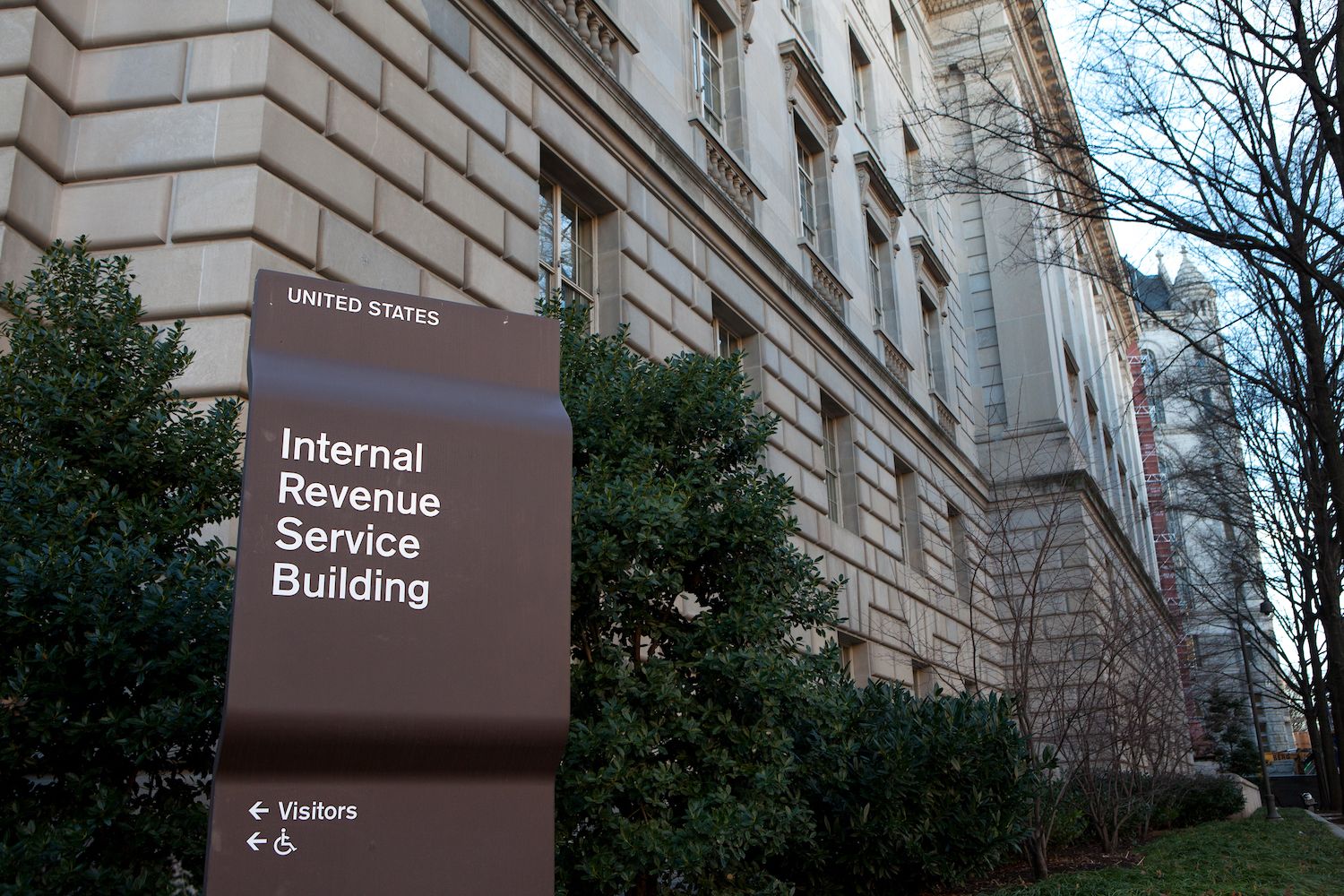The upcoming tax bomb in the crypto area

Crypto taxpayers will experience an unpleasant surprise.
We are over 16 years after the introduction of Bitcoin, but taxpayers and auditors continue to pretend that the tax guideline is unclear or not at all. The IRS is preparing for a historical wave of compliance tests in the crypto sector, and taxpayers are not aware of what to expect.
Last year, the IRS published the Revenue Procedure 2024-28, which fundamentally changed how cryptocurrencies should be recorded from a tax perspective. It offers clear guidelines, protection spaces for taxpayers to comply with the regulations and deadlines for the changeover. The rules are clear, the expectations are defined, while the IRS is quietly and quietly preparing to carry out a wave of compliance tests against those who continue to put their heads into the sand.
The billing has already started because we see an unprecedented number of 6174, 6174-A and 6173 letters sent by IRS.
As a rule, this time of year is quiet. But in the past few weeks we have continued to call the IRS calls who have received communications in which they are asked to fulfill their tax obligations – otherwise consequences are threatened. And not only we observe this development: crypto tax consulting companies report similar processes nationwide. This indicates that the IRS knows that taxpayers have so far practiced cryptocurrency tax avoidance, and is now determined to collect the income that has not been realized in the past ten years.
Strategically in combination with the publication of the new form 1099-DA Rev-ProC 24-28 brings the IRS into a position that taxpayers and auditors who have not adhered to the regulations are unprepared. The tax year 2025 will play a key role, since the IRS now has an extensive repertoire of tests for exams. The times when taxpayers on defendments such as “The guidelines were unclear, so I did my best” are over. The IRS has clearly commented, the guidelines are clear and the punishments for non -compliance have been specified – but taxpayers and auditors continue to assume that we are in the Wild West.
In addition, forms 1099-DA are issued to both taxpayers and the IRS of brokers, but there is an essential catch: the form will not contain any acquisition costs for the tax year 2025 and are very likely to show incorrect acquisition costs.
This means that when transferring assets to a stock exchange and the subsequent sale, the sale is reported – however, the stock exchange has no knowledge of the costs originally paid. In the absence of this information, a purchase cost value of $ 0 is given in the form by default. For the tax office (IRS) Or a traditional auditor looks like pure profit.
Suppose you buy 1 ETH for $ 2,200, transfer it to Coinbase and sell it there for $ 2,500. If Coinbase does not have the purchase cost base, the form shows a profit of $ 2,500. However, your actual profit is $ 300 – but if you have not tracked this basis yourself, the tax office does not know. In this case, the most unfavorable assumption is assumed.
A widespread problem
This is not an isolated case. It will affect hundreds of thousands of taxpayers.
If these inflated profits are not corrected, either lead to an unnecessary tax load or trigger a tax check. Many auditors do not record this because most are not yet able to adequately treat cryptocurrencies. You don't understand how Wallets work. They confuse transmissions with sales. You overlook stacking rewards and defi activities. Clients assume that their auditor has the situation under control. In turn, auditors trust that the 1099 forms are correct. There is no double review.
This is exactly where the problems are. And that's exactly what the tax office puts on.
The earlier defense – that the guidelines were not clear – can no longer withstand an exam. The IRS clearly proceeded. The expectations are clearly formulated. The opportunity for correction is now before an enforcement letter arrives.
Crypto is no longer a marginal phenomenon. Dozens of millions of Americans have bought, sold, gestaked, awarded or transferred digital assets. Most have made insufficient documentation of their transactions. Some didn't even try it. The result is a tax system full of unmistaked profits, incorrectly classified income, inconsistent tax returns and a tax office that contests retaliation.
The most common mistakes are not complex. Transfers between wallets are incorrectly recorded as sales. Assets appear on stock exchanges without associated acquisition costs. Staking rewards and airdrops remain unobserved. Defi activities are missing. Every year, taxpayers and experts rely on CSV exports, which were originally not designed for tax reporting.
These are not isolated cases. They are widespread among crypto investors. And to a large extent, they add up to a compliance problem, which the IRS has now grown completely.
This no longer affects gray areas or technical details. Rather, it is about an increasing discrepancy between the taxpayers' view of the taxation of cryptocurrencies and the requirements that the IRS now places. The risk lies in this gap, and in view of the clear guidelines, the IRS will not show any indulgence.





